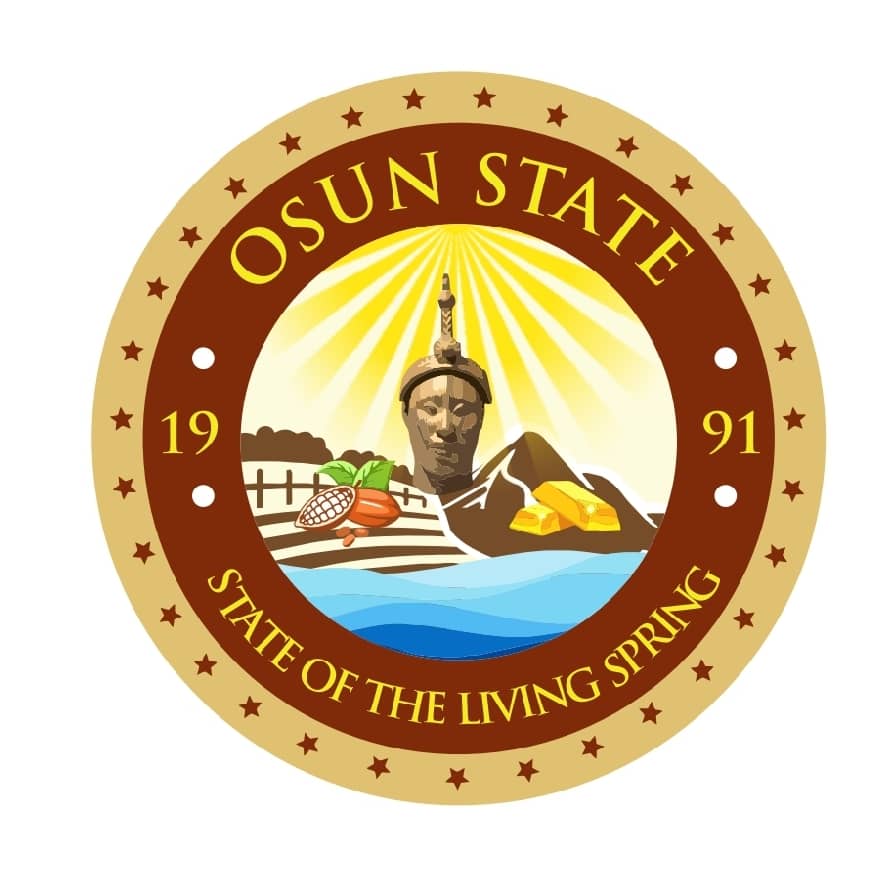Review & Outlook: Onitiri-Abiola’s Proclamation Saga: Under Which Influence? (Part One)


- OLALERE FAGBOLA
AS a student of comparative philology, even of the consonantal principles to it, and having critiqued the April 12, 2024, take-over proclamation by a lady identified to be the wife of Bashorun MKO Abiola, as well as the utterances by her co-agitators, I find lurking within them two words of same world: RABBLE and RABIDITY.
It is apparent that the words employed by Mrs. Modupe Onitiri-Abiola and her so-called charm-wielding agitators are evidently and psychologically belonging to same cognate family and gravitating between same malady.
Amid the already tainted air of struggle for survival and recognition blowing through the household of Bashorun MKO Abiola, following the death of its breadwinner, I find myself thinking aloud and asking myself this one billion Naira question: “Who is Onitiri Abiola trying to impress and under whose spell is she operating?
Confronted by the facts of my cosmological search on leadership and the revelations from the character studies vibrating there-from, there are times when one may find it difficult to blurt out the truth, especially at a time the air blowing around us is tainted.
In these days when, according to Myron Peters, “Everyone lies, including governments, the military establishments, the universities, the media and the ordinary people”, it is probably only the saints among us who can face cold and nakedness and indeed blurt out the truth.
It was in the same vein that the publisher of “India Today” newspaper, Aroon Purier, always told his reporters that: “Somewhere, someone is trying to hide the truth; find that; that is the news. All the rest is merely advertisement.”
No wonder why Guenter Wallraff, German journalist who investigated the vicissitudes in which Turkish immigrant workers are exposed in West Germany also said: “You have to disguise yourself to unmask society.”
Before we explain the commonality between the rabble rousing embarked upon by the Yoruba agitators and the rabidity betrayed there-from, let me first take my readers down memory lane about the nature of crudity of subversion and secession that had raged in this country beginning from the colonial era, even the Equivocation that accompanied them.
In view of the running battle between the colonial government (through its media) and young nationalists agitating for Nigeria’s independence from Great Britain, the duel was a fight which most times raged to find their targets below the belt, as nothing was spared in the quest to discredit each side of the camps.
When Dr. Nnamdi Azikwe and other frontliner Patriots from Nigeria, after the death of Sir Hebert Macaulay, embarked on a mission to England in 1947 to demand independence for Nigeria, Benjamin Azikwe got the greatest insult of his life in the hand of the then Editor of the “Times of London” Julian Huxney who carried a full length photograph of Zik and beamed under it a sprawling caption:
“Ben Zik, a six feet of Stupidity comes to London to demand independence for his half-naked jungle men.”
Back home, this insult sparked up the fire of fury among Nigerian youths who since then became more resolute in their agitation for independence.
In my exclusive interviews with Pa Philip Ohiare, former Editor of Zik’s newspaper, West African Pilot and Chief Josiah Olawoyin, one time Publicity Secretary of the Zikist Movement, both of them separately claimed that Azikwe had certain tenets (contained in his lecture titled: PENALTY OF LEADERSHIP) by which youths in those days were inspired.
“If anybody on account of the struggle for independence was sent to prison, such person after completion of his sentence would be awarded a Gold Medal; If anybody was fined by the colonialist, he would be given Silver Medal and if anyone was discharged and acquitted, he would be presented with a Bronze Medal.” This was the fire of motivation by which the fire of nationalism was kindled in the youths.
Recalling what may have been the first Nigeria’s coup attempt under the civilian colonial government (but which paled out negligibly from the book) Pa Ohiare explained:
“You see, the Zikist had wanted to storm Lagos and seize power by force. We had some young ex-service men in our midst. That was when the first attempt made was unfortunate… The person who was to carry out the assignment took a wrong step. He was to stab the Secretary to the colonial government, Mr.HN Foot but his Jack knife only tore his coat. The intention was to kill the colonial Secretary so that we would cause crisis. The Secretary to the government was the real Government.”
The “Foot/Igbokwe dangerous encounter had however, since 1945, been narrated in different metaphor and euphemism by different writers and historians, including members of the Zikist Movement themselves.
While many people have conveniently dismissed Foot’s attacker as acting solely, others have simply dubbed Igbokwe as a lunatic who was merely listening to the dictates of his demented mind when he stabbed the Secretary to the Government.
Possibly masquerading this Igbokwe/Foot episode in fictional comedy, (but which a critique would spot out as a Biblical voice of Jacob but the hand of Esau) was the book written by Chief Kola Balogun (a staunch Zikist) titled: “The Tree of Liberty.”
Chief Balogun wrote: “The Affairs of a week earlier when a senior white official was assailed with pen knife by a hoodlum was approaching a sort of crisis. In the midst of speculations, and misgivings as to the motive of the attack, one or two white officials made careless remarks about nationalists. It was the last straw.”
Socrates stood up in the legislative assembly and made his own speech: “The Tree of Liberty “, he fumed: “is watered with the blood of tyrants.”
In my telephone interview with Chief Kola Balogun during his life time, he would not want to hear such story about Igbokwe being teleguided and acting in concert with the Zikist’ plan to topple government, arguing: “Don’t hear that type of nonsense; It was Igbokwe’s solo effort.”
The question still agitating my mind over the April, 13, 2024 invasion of the Secretariat in Ibadan, amid the subversive proclamation that went along with it is this “Who is Onitiri Abiola trying to impress and under which spell is she being influenced?
My readers’ curiosity on the issues of rabble rousing and rabidity from different cultures and the need for law reforms governing insanity defence and our obsolete legislations on them would be fully administered in subsequent follow up.
The opinions expressed in this publication are those of the author. They do not represent the opinions or views of OSUN DEFENDER.










